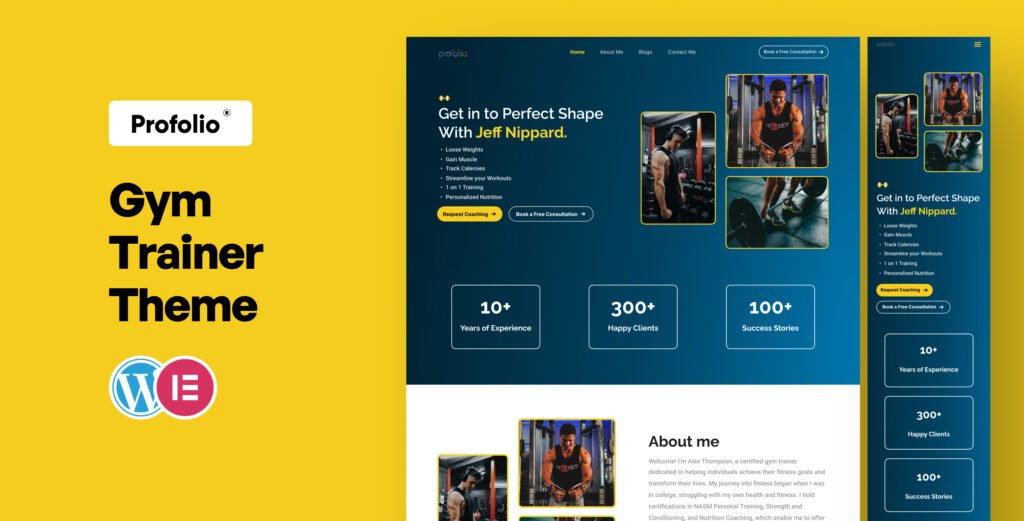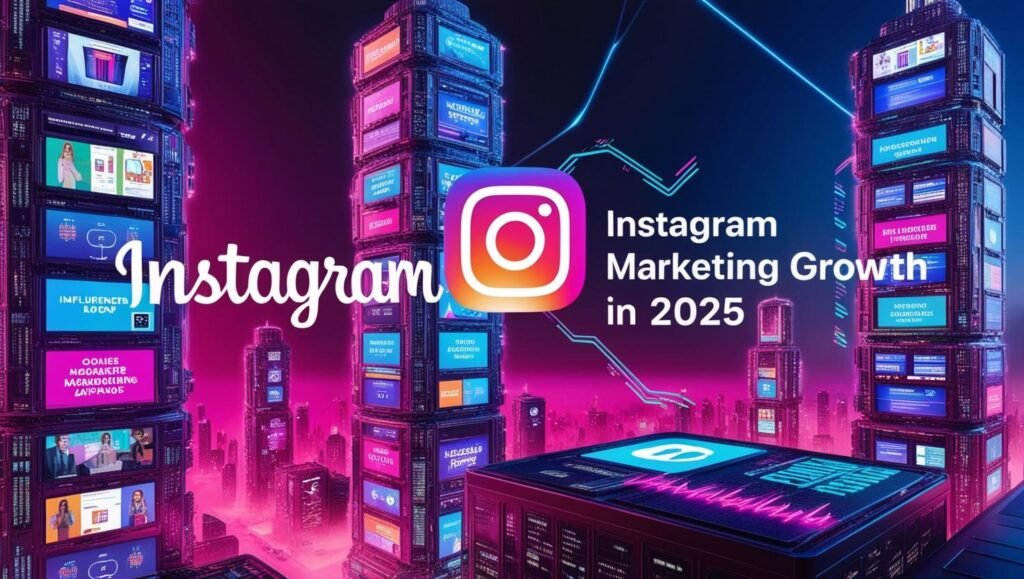Introduction
In today’s fast-paced digital world, making a lasting impression can feel like trying to catch smoke with your bare hands. But here’s a little secret: a well-designed business card can help you grab attention and spark interest in what you offer. Unique business cards are more than just pieces of printed paper. They encapsulate your brand’s identity and values and create memorable connections. Let’s uncover how unique business card templates can unleash your business’s potential!
The Evolution of Business Card
Historical Context
Once upon a time, business cards were simple, elegant pieces used primarily by the elite. They served as calling cards, allowing individuals to announce their presence at social gatherings—a little history nugget for you! Fast forward to today, and business cards have transformed into powerful marketing tools that do much more than just share contact information.
Transition to the Digital Era
With the advent of the digital age, business cards have adapted. We’ve moved beyond plain cards with only text. Now, there’s a plethora of creative options—think QR codes, digital cards, and eye-catching designs that reflect your unique brand story.
Why Your Business Card Matters
First Impressions Count
Imagine you’re at a networking event, and you meet someone interesting. You share your business card, and boom—you’re off to the races! A unique business card can make that first impression unforgettable. It’s like showing up to a party outfitted in the best threads—everyone notices!
Establishing Brand Identity
A business card isn’t just a place for your name and number. It’s a tiny billboard carrying your brand’s message. When designed thoughtfully, it can convey professionalism and creativity, helping you stand out in a crowded marketplace.
Read Also: How to Create a Selling Digital Products Website with WordPress
Elements of an Effective Business Card
Design and Layout
Wondering what goes into a fantastic business card design? Start with a clean layout. Ensure that the essential information—your name, contact details, and company logo—are easily readable. Consider incorporating your brand colors for consistency.
Essential Information to Include
At a minimum, your card should include:
- Your name
- Job title
- Company name
- Phone number
- Email address
- Website URL (if applicable)
The Role of Unique Business Card Templates
What Makes a Template Unique?
Unique templates are designed to deviate from the conventional, allowing your card to stand out. Maybe it has an unusual shape, striking visuals, or playful typography.
Benefits of Using Templates
Templates save time and energy, offering you a head start. You don’t have to fret about the layout or design principles; instead, you can focus on making it your own.

Types of Unique Business Card Templates
Creative Designs
Some templates dare to break all the rules. From unusual shapes (like circles or die-cut designs) to vibrant colors, these cards allow your creativity to shine.
Minimalist Options
Minimalism has its charm. Clean lines, simple fonts, and a restrained color palette can convey sophistication and elegance—a perfect fit for many businesses.
Eco-Friendly Choices
Sustainability matters more than ever. Choosing eco-friendly templates made from recycled materials speaks to your brand’s values while appealing to environmentally-conscious clients.
Choosing the Right Template for Your Brand
Understanding Your Brand Personality
Is your brand playful or serious? Trendy or traditional? Identifying your brand’s personality will guide you in selecting the perfect template.
Target Audience Considerations
Know your audience! A corporate finance business may want something polished, while a creative agency might prefer a funky design. Tailoring your card to resonate with your audience is key.
Tips for Designing Your Own Business Card Template
Color Psychology
Colors evoke emotions. For instance, blue conveys trust, while red signifies energy and excitement. Choose a palette that reflects what you want your brand to convey.
Typography Choices
Your font says a lot. Select a typeface that’s clear and aligns with your brand identity. Avoid overly decorative fonts unless you want to create a specific vibe.
Digital Vs. Physical Business Card
Advantages of Digital Business Cards
In our tech-savvy world, digital business cards are gaining traction. They’re easily shareable via QR codes and can contain multimedia elements (like videos or links) that a physical card simply cannot.
The Tangibility of Physical Cards
However, let’s not discount the charm of a physical card. There’s something special about handing over a beautifully crafted piece of cardstock that leaves a lasting impression.
Where to Find Unique Business Card Templates
Online Resources
Websites like Canva, Vistaprint, and Moo offer a treasure trove of customizable templates. The beauty of these platforms? You don’t need to be a graphic designer!
Print Shops and Local Designers
Don’t overlook local print shops and designers. They can provide personalized service and custom designs that amplify your brand storytelling.
Customizing Your Business Card Template
Personalization Tips
Make the template yours by adding personal touches. Include a quirky quote, a symbol that represents your personality, or your social media handles.
Using Graphics and Logos
Your logo is a visual representation of your brand. Make sure it is prominently displayed on your card, and consider adding graphics that complement your design.

Buy This WordPress Theme Template
Best Practices for Distributing Business Card
Where to Hand Them Out
Networking events are a no-brainer, but think outside the box—coffee shops, community events, or even while running errands! The more, the merrier!
Networking Events and Conferences
These are prime opportunities to hand out your cards. Make sure your introduction is smooth and your card is ready to go!
Tracking the Impact of Your Business Card
How to Assess Effectiveness
Collect feedback from those who receive your card. Ask if it resonated—this information is gold for future improvements.
Feedback and Adjustments
If you’re not getting the reaction you hoped for, don’t be afraid to tweak your design. A/B testing various designs can be incredibly insightful.
Case Studies: Success Stories
Notable Examples of Unique Business Card
Take inspiration from businesses that nailed it. For instance, a graphic designer may create a card that doubles as a mini portfolio, showcasing their work!
Lessons Learned
Successful business cards often share common traits: creativity, clarity, and relevancy to the target audience. Learn from these case studies to enhance your approach.
Conclusion
In the age of digital everything, your business card can still hold a prominent position in your marketing arsenal. By utilizing unique templates, you can effectively communicate your brand’s story while ensuring you leave a memorable impression. Remember, your card is an extension of you and your brand—make it count!
FAQs
Is it worth investing in a unique business card?
Absolutely! A unique business card can differentiate you from competitors and leave a lasting impression.
How can I create my own business card template?
You can use tools like Canva or Adobe Spark to create a custom card or hire a graphic designer for a more professional touch.
What are the most important elements to include?
Your name, contact information, company logo, and a brief tagline about what you do are essential elements.
Are digital business cards effective?
Yes! Digital cards can be easily shared and are environmentally friendly, but they can lack the tactile appeal of physical cards.
How often should I update my business card?
Consider updating your card whenever there’s a significant change—like a new job title, phone number, or logo change.



Pingback: 300+ Landing Pages Bundle: Best Practices For Effective Design - TEKLOG